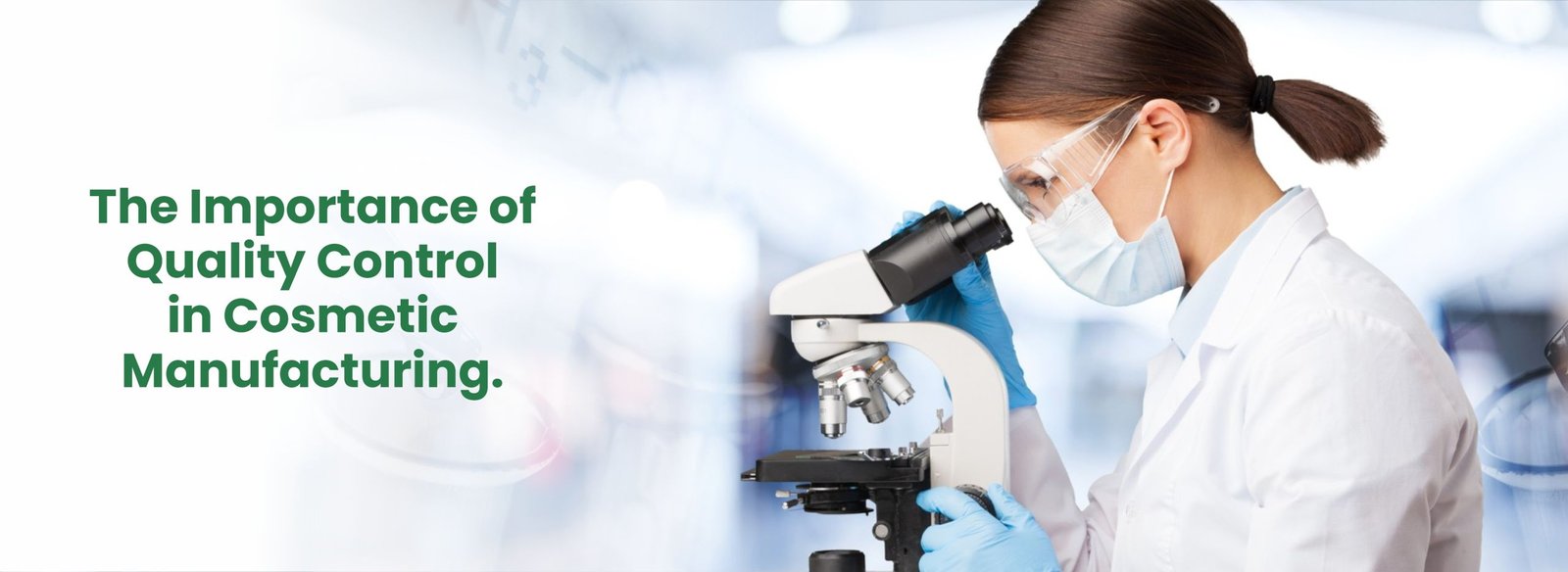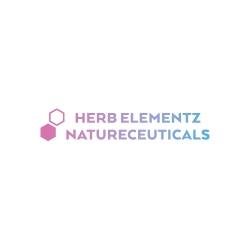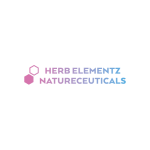
Introduction
In the fast-paced world of cosmetic manufacturing, quality control (QC) isn’t just a standard practice—it’s a necessity. Whether you’re a startup launching your first skincare line or an established beauty brand expanding your portfolio, the reputation and success of your products depend heavily on the quality, safety, and consistency of your formulations.
In this blog, we explore the critical role of quality control in the cosmetic industry, what it entails, and how a robust QC system can benefit both private label brands and contract manufacturers.
What is Quality Control in Cosmetic Manufacturing?
Quality control refers to the process of ensuring that every product manufactured meets predefined standards of safety, efficacy, and performance. In the cosmetic sector, this encompasses a wide range of checks and procedures at every stage—from raw material sourcing to final packaging.
Quality control helps detect and correct issues before products reach the market, reducing risks of contamination, recall, or customer dissatisfaction.
1. Consumer Safety
Perhaps the most important reason for stringent quality control is consumer safety. Cosmetic products are applied directly to the skin, hair, and even near sensitive areas like the eyes and lips. Ensuring the product is free from harmful bacteria, heavy metals, and allergens is vital to prevent irritation, breakouts, or long-term damage.
2. Regulatory Compliance
Every region has strict regulatory requirements for cosmetics—be it FDA (USA), EU Cosmetic Regulation (Europe), BIS (India), or others. Manufacturers must ensure products meet labeling, formulation, and testing standards or face penalties, bans, or recalls.
Quality control includes documentation, Good Manufacturing Practices (GMP), stability testing, and batch traceability, all of which are necessary for compliance.
3. Consistency in Product Performance
Consumers expect the same texture, scent, and performance every time they use your product. Variations in pH, viscosity, or color can damage brand reputation. With proper QC measures in place, every batch is checked for consistency and repeatability, ensuring a high-quality experience for customers.
4. Brand Reputation & Trust
A single complaint can go viral and tarnish your brand image. Quality control helps protect brand integrity, ensuring your customers associate your products with trust and excellence. For private label cosmetic brands, this is especially critical because the end-user may never know who manufactured the product—only whose name is on the label.
Key Areas of Quality Control in Cosmetic Manufacturing
1. Raw Material Inspection
Quality control starts at the very beginning—with your raw ingredients. Each incoming ingredient must be verified for purity, potency, and safety. Certificates of Analysis (CoAs), microbial testing, and compatibility checks are routine in top-tier manufacturing labs.
2. In-Process Monitoring
During formulation, blending, and filling, real-time checks ensure everything runs smoothly. This includes monitoring temperature, pH levels, and homogenization to avoid issues like product separation, air bubbles, or microbial growth.
3. Microbial & Stability Testing
All cosmetics undergo microbiological testing to ensure they’re free from harmful organisms. Additionally, stability tests simulate different environmental conditions (heat, cold, light) to evaluate how long a product remains effective and safe.
4. Packaging Evaluation
Quality isn’t just in the product—it’s also in the packaging. QC teams evaluate packaging for leak-proof sealing, material compatibility, and labeling accuracy. A high-quality product can be ruined by a faulty bottle or misleading label.
5. Final Product Testing & Batch Release
Before a product leaves the facility, it undergoes a final quality inspection—covering everything from appearance to scent, viscosity, and microbial load. Only batches that meet 100% of quality parameters are cleared for release.
Quality Control in Private Label Manufacturing
For private label clients, quality control is more than a service—it’s a promise. It ensures that the manufacturer’s reliability reflects positively on your brand image. When you choose a manufacturer with a robust QC system, you’re choosing:
- Reduced risk of returns or complaints
- Higher customer retention
- Better reviews and online reputation
Long-term cost savings by avoiding product recalls
Ready to Work with a Quality-First Manufacturer?
If you’re looking for a cosmetic contract manufacturer or private label partner that puts quality, safety, and consistency above all, Herb Elementz is your trusted choice. Backed by certifications including FDA, SMETA, HALAL, GMP, KOSHER, and ECOCERT, we uphold the highest global standards in every product we create. We combine state-of-the-art labs, stringent QC protocols, and industry expertise to bring your vision to life—flawlessly.
Frequently Asked Questions (FAQs)
It’s the process of ensuring every product meets defined safety, efficacy, and performance standards at every stage—from ingredients to final packaging.
It protects consumer safety, ensures regulatory compliance, maintains product consistency, and preserves brand trust.
QC ensures products meet standards set by authorities like FDA, BIS, or EU regulations through documentation, batch traceability, and proper testing.
Microbial testing, stability testing, raw material verification, and packaging evaluation are all part of standard QC practices.
Because faulty packaging can cause leaks, contamination, or labeling errors that compromise the product’s integrity and appeal.
It ensures consistent quality, fewer customer complaints, better reviews, and stronger brand reputation—even if the brand isn’t manufacturing the product themselves.
Because we prioritize safety, consistency, and excellence through advanced labs, strict QC protocols, and full regulatory support—ensuring your products always meet the highest standards.


